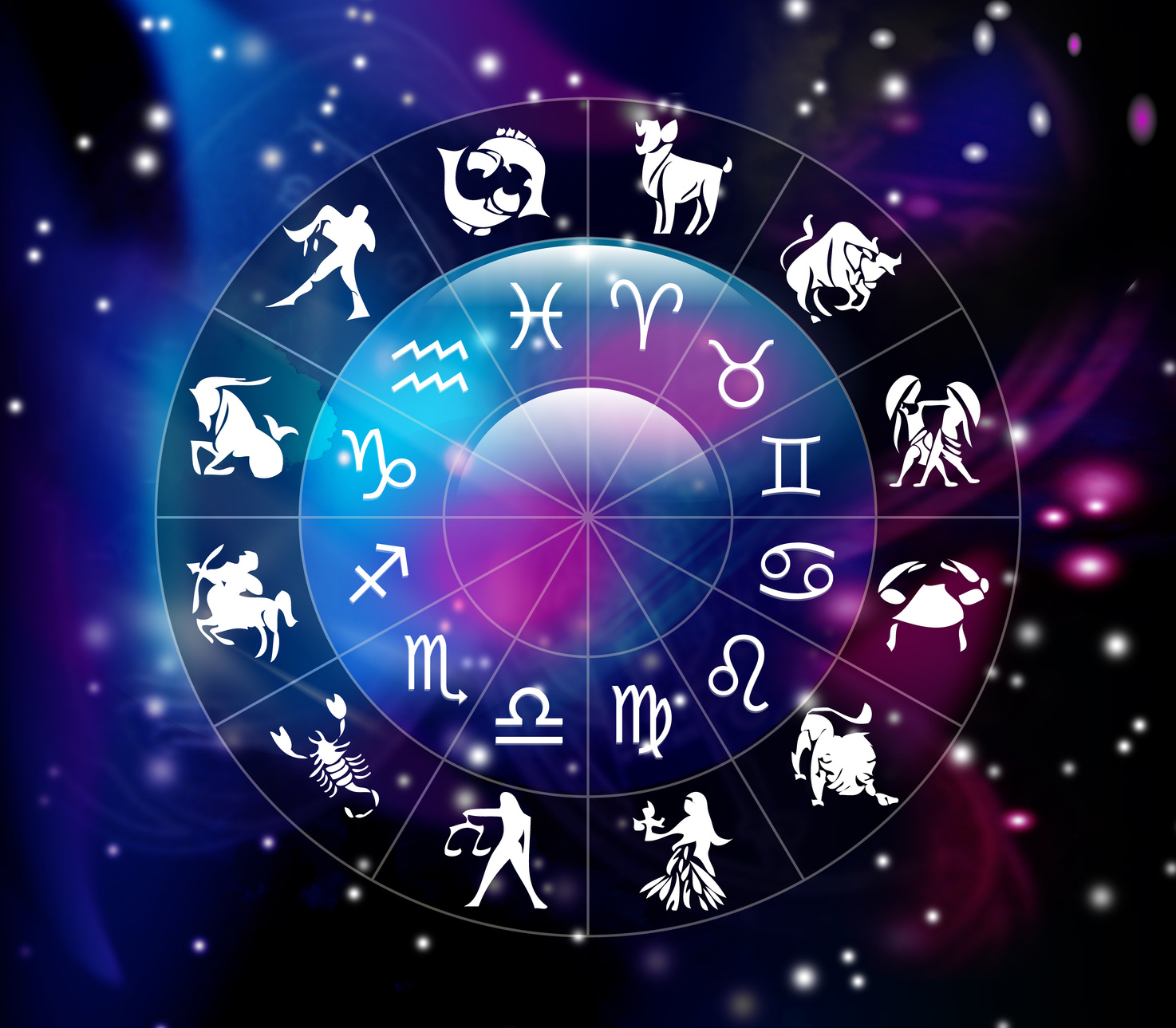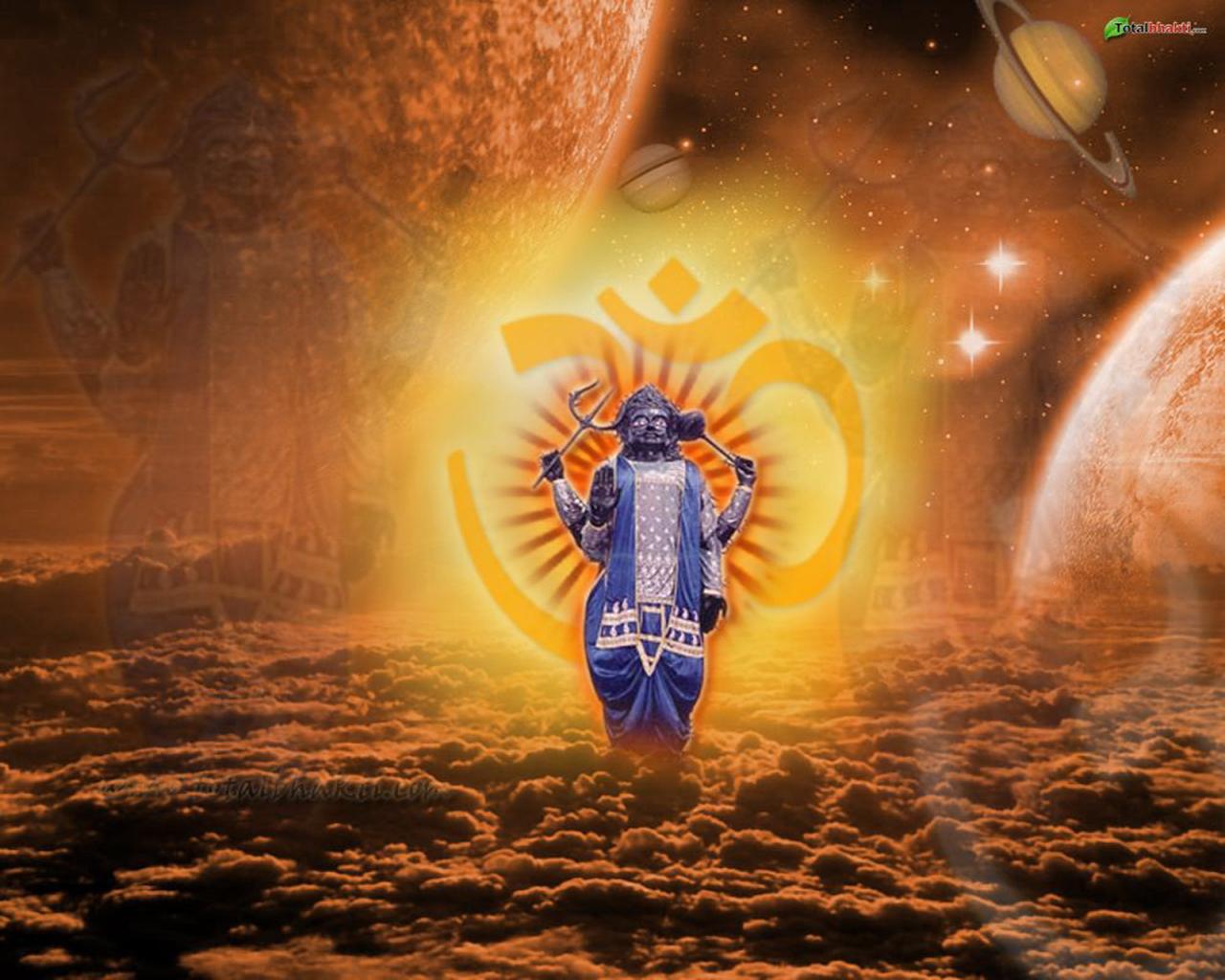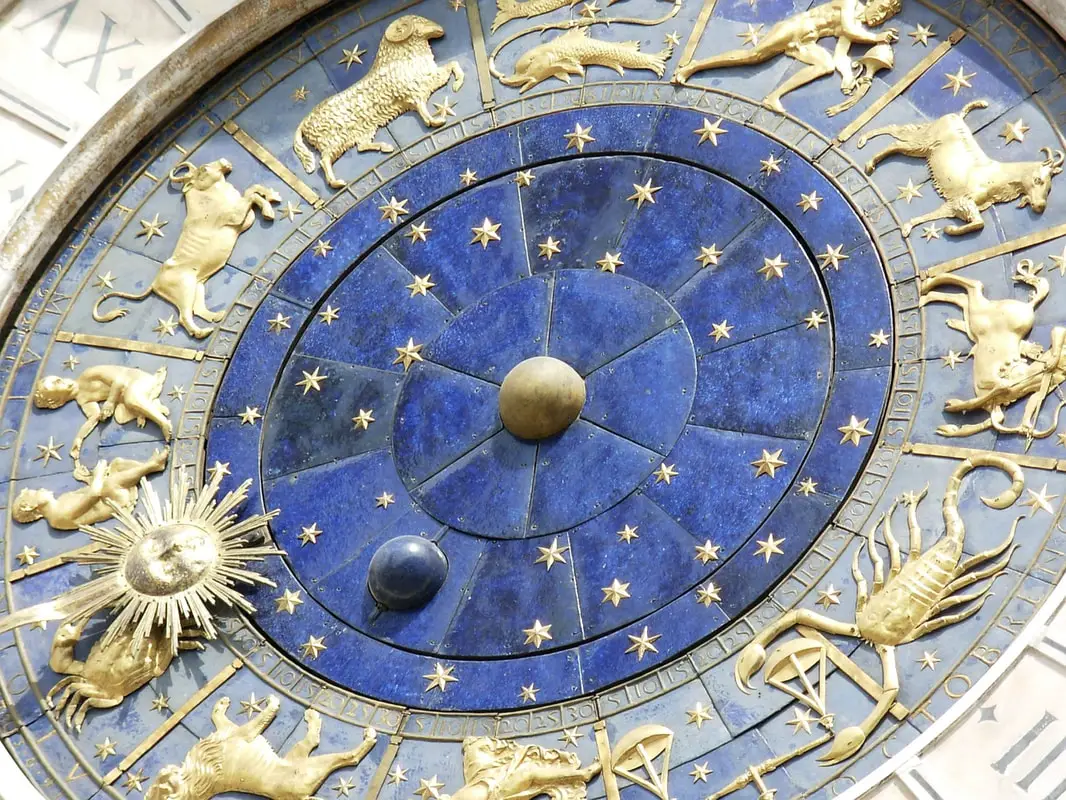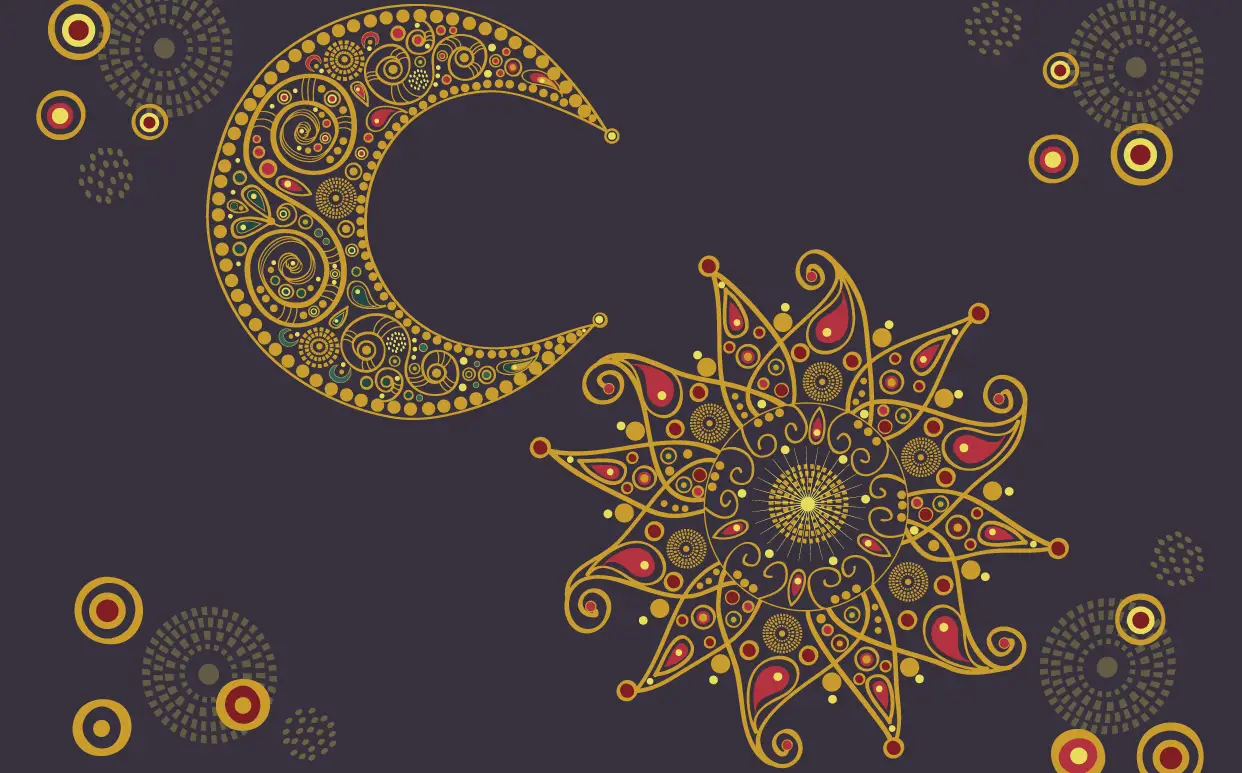Karma is a largely misunderstood concept that derives from Hinduism and Buddhism. The Sanskrit word for karma, ananda, means to perform a deed or action; however, that also encompasses thought and speech.
Karma reflects the past and creates the future based on previous and current lives. There are three types of karma: sanchita, the karma your soul has accumulated over past lives, which is reflected in your tendencies, desires and nature; prarabdha, past karma that shapes your present life; and agami, the karma you create in the present that will manifest in the future.
That being said, it is important to understand that karma is not inherently negative. Instead, it is the consequences of intents from past lives that manifest in your current life.
Astrology helps people understand their past lives through their birth charts and the law of karmic return. In short, the law of karmic return postulates what you get out of life is what you put into it.
What is karmic astrology?
Karmic astrology is the unique influence the energies created by planetary placements in your birth chart have on the lessons you must learn, the challenges you must overcome and changes that need to be made in order to reach full potential in this lifetime.
Different aspects of your birth chart, ranging from your sun sign to conjuncts between your planets and houses, influence different areas of your karma. Each birth chart placement and conjunct addresses some type of karma as well as the degree to which it influences an individual’s karmic energy in their current life.

In general, the 12 houses in each person’s birth chart are important aspects for understanding an individual’s karma in day to day life. Other birth chart placements, however, allow astrologers and people interested to not only understand how they’re gotten to a particular point in live and how they can navigate from there, but also helping people understand how their past lives impact who they are and who they are meant to be in this life.
How does your birth chart help you understand your karmic projection?
More than any single placement, the nature of your karmic return is determined by your birth chart as a whole. Each planet has some correlation to your past or current life with regard to karma, however, specific patterns and conjuncts reveal the degrees of importance such aspects play into your karmic nature.
For example, the outer planets (Saturn, Uranus, Neptune and Pluto) have stronger karmic influences than the inner planets (the Sun, Moon, Mercury, Venus and Mars) as a whole, but in order to interpret your current life’s themes, it is helpful to figure out which houses your Sun, Moon, Ascendant and personal planets (Mercury, Venus and Mars) are in since each house represents a different area of life. Despite the complexity of karmic astrology, two placements are particularly important to understanding how a karmic return may impact you: Saturn and the Moon’s nodes.
Saturn is the “Lord of Karma” and throughout life, Saturn’s retrogrades and returns reflect heightened senses of how a person’s judgements and actions impact their interaction with the universe. Depending on when you were born, Saturn falls in a particular sign and depending on the conscious or unconscious expressions you exhibit, that placement helps determine the natural consequences and opportunities open to you.
It is important to understand that karma is not rooted in the concept of fate, because karmic returns are much more based on the relationship between the karmic path your birth chart sets for you and how you interact with your inner self and the outer world.

A person’s north and south nodes are integral to understanding their past life. Through connecting with those placements, they also reveal personality types and can help guide you on the right life path. In Jan Spiller’s book “Astrology for the Soul,” she makes it accessible to learn about your karmic purpose and past life by delving into each north node sign. The nodes reveal the areas in your life where growth is most needed, how you approach relationships, the unhealthy tendencies you may exhibit so consequentially and ultimately what you need to leave behind in order to fulfill what this life suggests for you to become the best version of yourself.
How can your past life help you now?
To clarify, you do not have to believe in reincarnation or even astrology to use karmic astrology as a tool to assess what parts of your life to work on. If you feel that your life lacks direction, reading about your house placements can help you find greater purpose. Understanding karmic astrology can also aid a person in understanding why certain parts of their lives are harder than others and how to find ways to overcome such challenges.
Karmic astrology is where each birth chart begins because it best describes the basic emotional surroundings of a person and their emotional reflexes. Understanding karmic energies is a key to higher self-development and focusing on what truly matters to you in this life. It can also help you get in touch with how the law of karmic return impacts your everyday life. Because karma is both born with the soul and created throughout life, reflection on the possibility of its influence on you can reveal your spiritual and material potential.

Whether you are trying to understand where you are in your life right now or you’re trying to predict what direction in life is best for you, karmic astrology can give you greater insight into your role in regard to the universe.

















